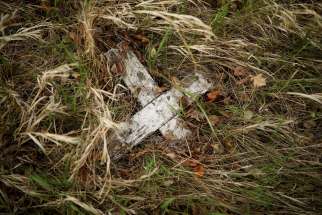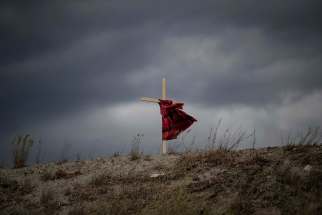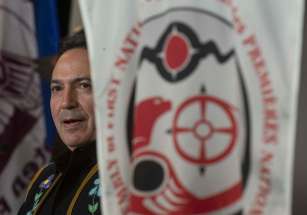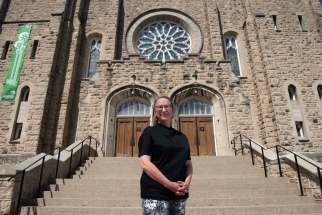Focus more intense on reconsidering place names
Read this article for free:
or
Already have an account? Log in here »
To continue reading, please subscribe:
Monthly Digital Subscription
$0 for the first 4 weeks*
- Enjoy unlimited reading on winnipegfreepress.com
- Read the E-Edition, our digital replica newspaper
- Access News Break, our award-winning app
- Play interactive puzzles
*No charge for 4 weeks then price increases to the regular rate of $19.00 plus GST every four weeks. Offer available to new and qualified returning subscribers only. Cancel any time.
Monthly Digital Subscription
$4.75/week*
- Enjoy unlimited reading on winnipegfreepress.com
- Read the E-Edition, our digital replica newspaper
- Access News Break, our award-winning app
- Play interactive puzzles
*Billed as $19 plus GST every four weeks. Cancel any time.
To continue reading, please subscribe:
Add Free Press access to your Brandon Sun subscription for only an additional
$1 for the first 4 weeks*
*Your next subscription payment will increase by $1.00 and you will be charged $16.99 plus GST for four weeks. After four weeks, your payment will increase to $23.99 plus GST every four weeks.
Read unlimited articles for free today:
or
Already have an account? Log in here »
Hey there, time traveller!
This article was published 04/06/2021 (1649 days ago), so information in it may no longer be current.
History, it has often been said, is written by the victors.
Or, in Canada’s case, history has typically been written by the European colonizers who claimed an inhabited land as their own and attempted to displace and destroy the Indigenous people living therein. In many ways, the architects and supporters of those centuries-old genocidal policies are still being celebrated today — in the names of the streets we travel on, the communities we live in and the schools our children attend.
The debate about place names and their historical baggage has been reignited across the country in the wake of the discovery of a gravesite containing the remains of 215 Indigneous children at the location of a former residential school in Kamloops, B.C.
In Calgary, the response was swift. An elementary and junior high named after Hector-Louis Langevin, one of the Fathers of Confederation, was renamed Riverside School just days after news of the gravesite broke — a move students and advocates had been seeking for nearly five years. Alberta Premier Jason Kenney, not a supporter, likened the decision to “cancel culture.”
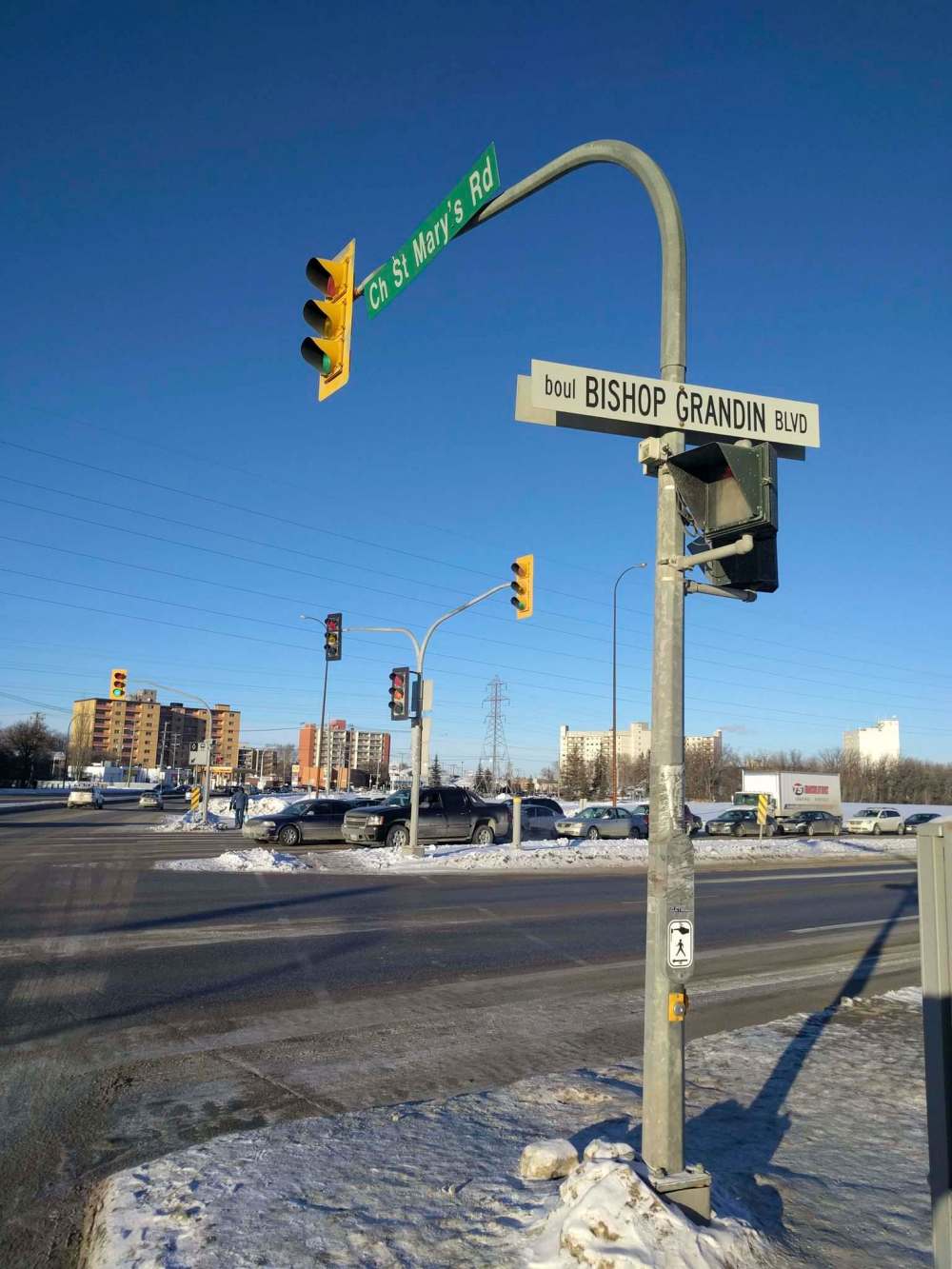
Frontier School Division in northern Manitoba quickly followed suit, removing residential school supporter Oscar Blackburn’s moniker from one of its schools on Tuesday. In Winnipeg, demand has been growing this week to rename Bishop Grandin Boulevard and its adjacent greenway.
The local outrage isn’t new. Advocates have been calling on the city since 2018, in the spirit of reconciliation, to rebrand the thoroughfare named after Bishop Vital-Justin Grandin, a Roman Catholic bishop and priest who encouraged the federal government to expand its residential school system in 1880. The express goal was to assimilate Indigneous, Métis and Inuit children into western culture by forcibly removing them from their homes. The system, which was rife with abuse, is now rightly recognized as an instrument of cultural genocide.
The truth of what happened is now public knowledge, which prompts the question: why are the proponents of the Indian Residential School System still being publicly held in high regard? By propping up problematic figures, do we continue to lionize their harmful actions?
In an interview with the Free Press, Grand Chief Arlen Dumas of the Assembly of Manitoba Chiefs said renaming Bishop Grandin “would be not only respectful, but it would actually provide some healing to all those people who have lost children and family members at residential school.”
At the same time, there are others, such as Manitoba Métis Federation president David Chartrand, who argue that removing the name from maps and street-toppers will allow the man and his harmful legacy to fade from public consciousness, “I don’t think Bishop Grandin should be allowed to disappear,” he said.
Whether Bishop Grandin’s name stays or goes, the decision needs to be made in consultation with Indigenous stakeholders.
Earlier this year, the city launched a program to allow groups or individuals to submit requests to remove, replace or add written context to the names of city properties. A committee is currently deciding whether to rename Bishop Grandin Greenway or add a plaque with historical information to the site. A report is expected in the next few months.
The discussion about place names — who they honour and who they hurt — isn’t new, but it has gained a renewed sense of urgency in recent days.
Mayor Brian Bowman said on Twitter that he will be discussing the renaming of Bishop Grandin Boulevard with his colleagues. Let’s hope the conversation moves beyond talk. Reconciliation is only possible through actions.


